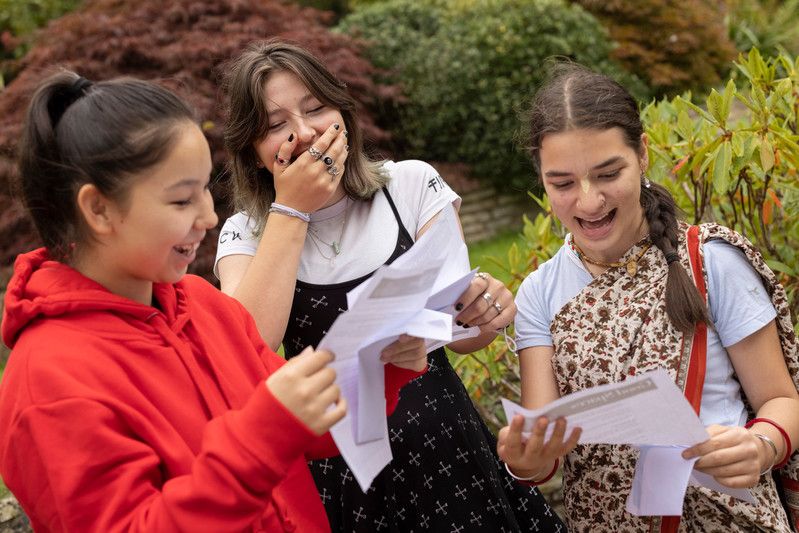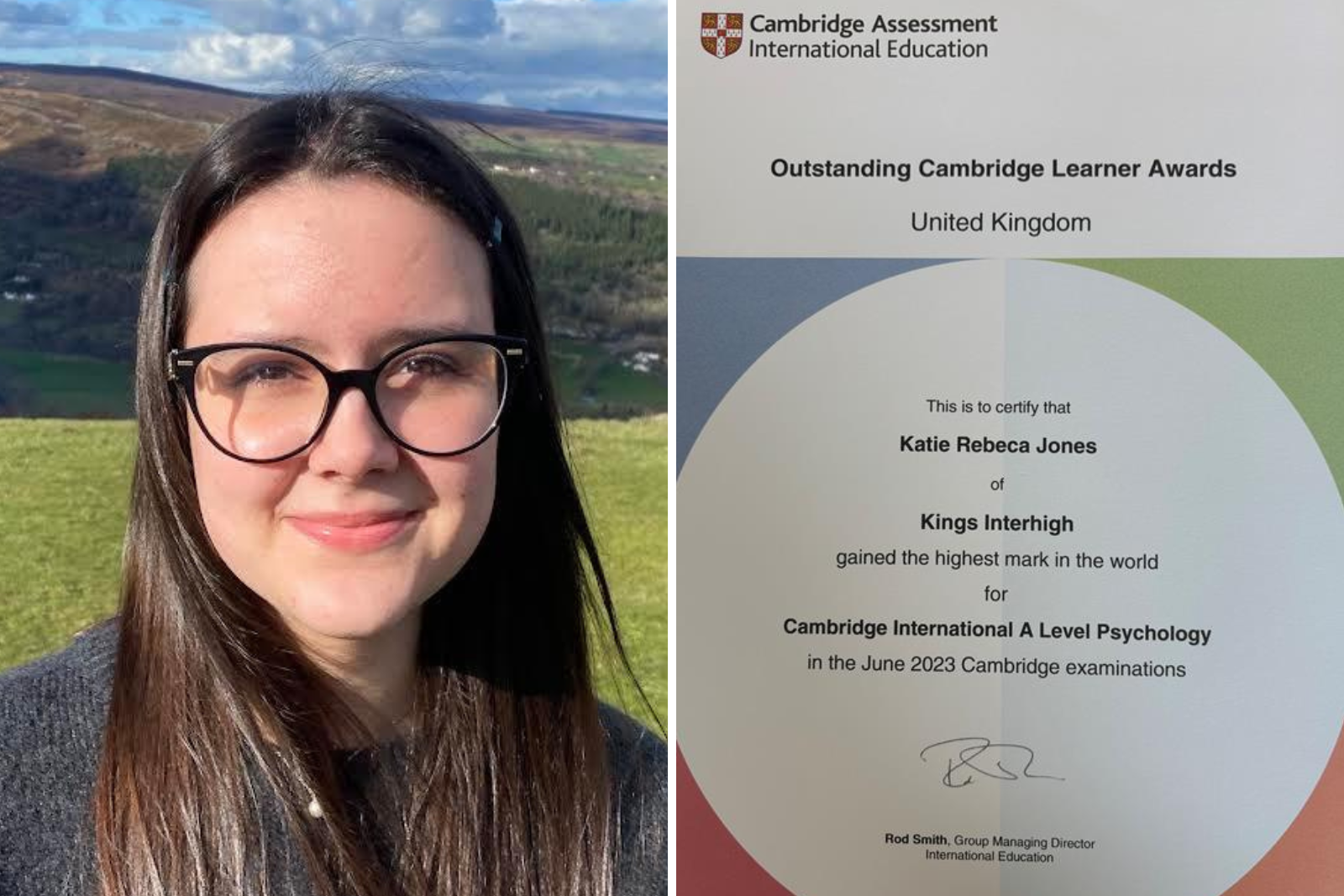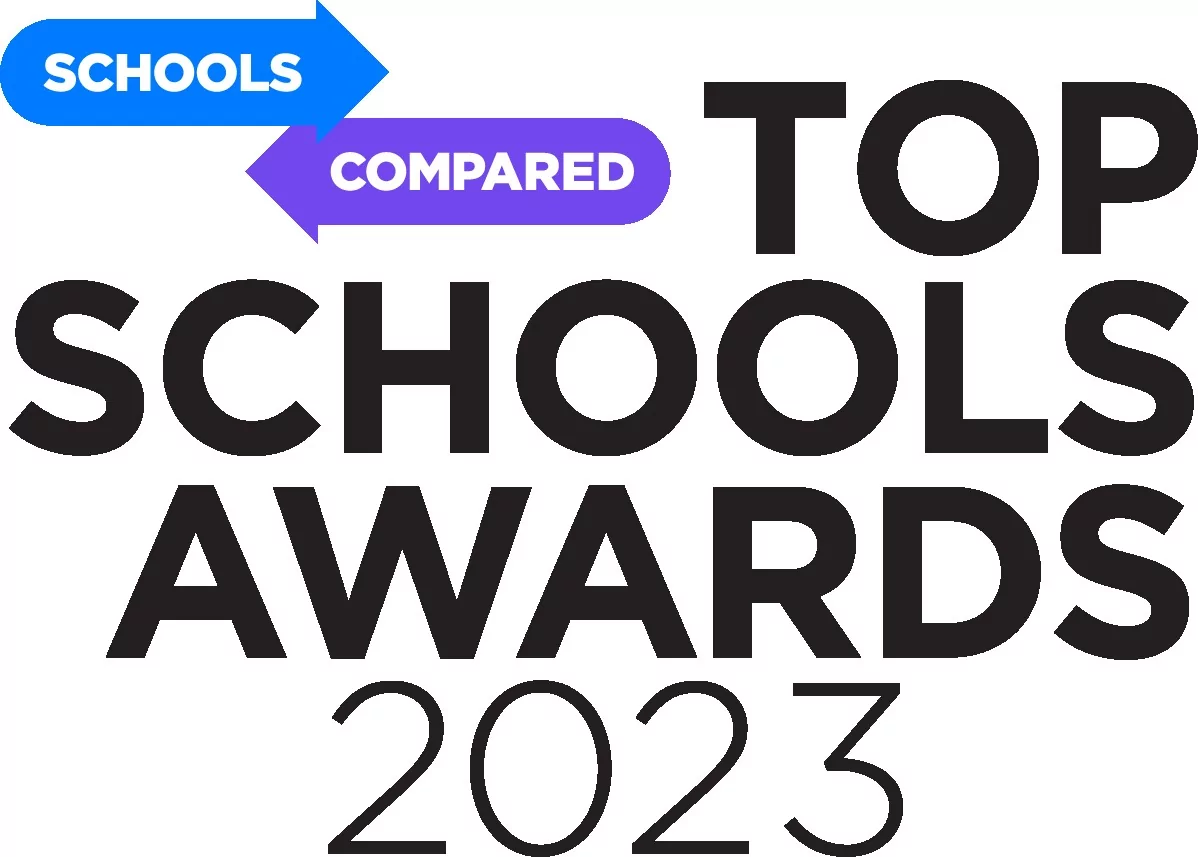
April 1, 2022
What can online GCSEs lead to?
Students who have completed their IGCSEs (International GCSEs) online really do have a world of opportunities in front of them. With IGCSEs, not only have they gained an internationally recognised set of British qualifications, but they have also learnt highly valuable life skills, such as independent learning and time planning – unique to online schooling. These skills put our students in a position of strength and give them a competitive edge to continue their journey into further education or to pursue an alternative route to their career goals.
Why are GCSEs important?
A student’s grades at GCSE are often seen as a good indicator of how well they will do in further education. For those under 16, it is their first chance to demonstrate their knowledge in a particular subject, as well as their ability to achieve academic success. It is common for Sixth Forms to use a scoring system that looks at a student’s GCSE grades to predict how well they will do at A Level. Later down the line, universities also look at a student’s grades in subjects such as English, Maths and Science to determine whether a student is suitable for their course. These core subjects demonstrate a foundation of study skills, which they then build upon with their continued studies.
How GCSEs can help you with your career
As well as being fundamental to a student’s progression in academic pathways, online GCSEs are also beneficial when taking vocational courses. You can now complete an apprenticeship and then go on to study at university too. You can now find pre-university apprenticeships for careers such as engineering, medicine, or even teaching. You will be required to have achieved certain GCSE grades in specific subjects, in order to demonstrate your ability and academic background in your apprenticeship application.
It is often the case that students will study increasingly specialised topics as they progress through the education system. You may already know that you wish to become a lawyer. Many law degrees prefer for students with A Levels in English, Politics or History, as these are subjects which develop your essay writing and communication skills. A successful law student will be able to think critically and develop logical arguments in their writing, which these A Level subjects allow you to practice. From this, working backwards, you may want to pursue a GCSE in History, alongside the core subjects of English Language and Literature, to start working on these skills as soon as possible.
Studying A Levels after online GCSEs
Students who want to go to university have the option to take A Levels or the IB Diploma after they have completed their GCSEs. Students can choose to take as many A Level subjects as they want, however, it is typical to study three A Levels, and recommended to take on a maximum of five, so that students can cope with the increased workload compared the GCSEs.
When it comes to picking your A Level or IB Diploma subjects, a student’s GCSE qualifications are important. Some schools will only let you take a subject at A Level if you have demonstrated high grades in relevant subjects at GCSE, but this can change between providers. At King’s InterHigh, we don’t restrict students from picking up a new subject in Sixth Form, but would highly recommend building a strong base in a subject at GCSE level if you are planning further studies.
The difference between Sixth Form and College
Most schools following the British curriculum will offer a range of A Level subjects, and in many cases, students will continue their studies at their current school’s Sixth Form. There are, however, alternative pathways to further education, including studying A Levels online or studying for an International Baccalaureate Diploma, online or with a physical school.
Usually, Sixth Forms offer a range of BTEC and A Level subjects, and sometimes the IB Diploma, whereas Colleges may also offer apprenticeships and vocational courses as alternative pathways.
Remaining in Sixth Form after GCSEs
Students who can continue at their current school’s Sixth Form will benefit from studying in a familiar environment, surrounded by the same teachers and students. It may, however, still feel a bit like school, where your teachers ask to be formally addressed and you are still surrounded by younger students.
Studying at College after taking your GCSEs
Colleges provide students with an experience that is a little more like university. There won’t be any students below the age of 16, which can make things feel a bit more like a university environment. Teachers will often expect students to be more independent in their studies. From a social perspective, Colleges often take on a higher number of students than a school’s Sixth Form, so learners have a great chance at meeting new friends.
Studying the IB Diploma or A Levels online with King’s InterHigh is perfect for those looking for additional flexibility in their studies. Students are empowered to take the subjects they want to take, whilst benefiting from additional freedoms because they can study from anywhere with a computer and internet connection. This more closely replicates a university style learning experience, as well as encouraging students to take ownership of their learning and join our global learning community.
Students who studied online GCSEs with us can continue at the school to do online A Levels or the online IB Diploma at King’s InterHigh too, or you can simply join the school at Sixth Form stage. Those who study their A Levels online at King’s InterHigh will receive a timetable of lessons and access to an online learning portal. Classes are taught in real-time by qualified teachers, each with subject specialisms. One of the real advantages of learning with us is that all lessons are recorded, allowing students to go back and watch any lesson at any time.
Students also become part of the King’s InterHigh community. We have students across the UK, and many studying overseas, creating a fantastic virtual community. From online common rooms, clubs, and extra-curricular activities, through to an annual summer ball, there is something for everyone.
Find out more about who can study A Levels online at King’s InterHigh here.
Or, if you are interested in studying for the IB Diploma with us, click here.
What else can students do after online GCSEs
Upon completion of GCSE level education, students have two main routes for progression: academic or vocational. Academic qualifications are generally seen as a more traditional pathway, and they open doors to certain jobs and higher education. The most recognisable academic qualifications after GCSEs include A Levels, the IB Diploma and BTEC, but some Colleges also offer Cambridge Technicals, or T Levels.
Apprenticeships after taking GCSEs
Some students may decide they would like to continue their development in a work environment in the form of an apprenticeship or technical qualification. Vocational qualifications focus on practical activities and provide pathways to exciting careers. Students may decide they would like to train as a chef; others may decide they would like an apprenticeship in cyber security. Online GCSEs are universally recognised by employers and organisations who are taking on apprentices, because they demonstrate knowledge in a student’s chosen subjects, as well as general aptitude and ability to achieve high grades.





















